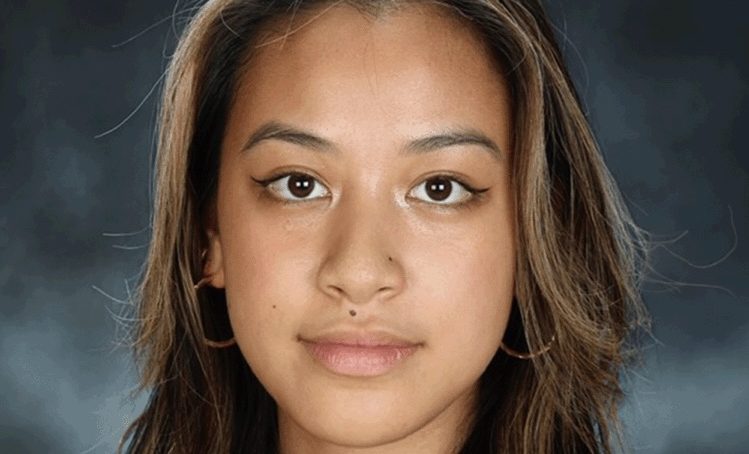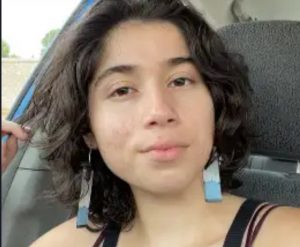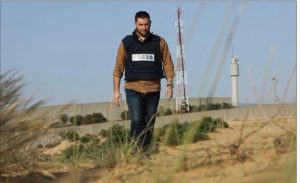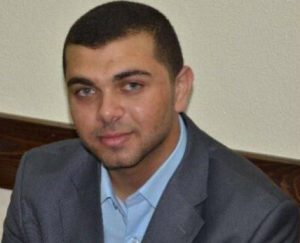University of Pennsylvania student Eliana Atienza faces scrutiny for her involvement with a group supporting Hamas war crimes against Israeli civilians.
Who is Eliana Atienza?
Eliana Atienza, a current student at the University of Pennsylvania, is under scrutiny after her affiliation with the anti-Israel group Penn Students Against the Occupation of Palestine (PAO). This group, along with four others, signed a statement on October 11, 2023, expressing support for Hamas and justifying its war crimes against Israeli civilians.
The statement, titled “Statement of Solidarity with Palestine,” labeled Hamas as “the Palestinian resistance” and described their actions, including mass murder, torture, rape, beheadings, and kidnappings, as “resistance efforts.” Atienza was reportedly a coordinator for Fossil Free Penn when the group endorsed this statement.
On October 7, 2023, Hamas terrorists breached Israel’s border with Gaza, committing heinous acts against civilians, leading to the retaliatory “Swords of Iron” campaign by Israel. Over 1,400 Israelis, predominantly civilians, were reported murdered, and more than 230 were kidnapped, including 30 children. The terrorists targeted communities, executing brutal acts such as beheadings, rape, and mass killings.
Critics argue that the statement supporting Hamas downplays these atrocities, and Hamas, designated as a terrorist organization by several countries, has a long history of violence against Israeli civilians. The October 7 attacks, known as “Al-Aqsa Flood,” intensified tensions, utilizing anti-Semitic propaganda.
Also read | Who is Renata Gangemi? New Jersey professor shares poster of Israel slaughtering babies
At the time of the PAO statement, Atienza was associated with Fossil Free Penn, and as of November 2023, she remains a student at the University of Pennsylvania, expected to graduate in 2026. The controversy surrounding Atienza highlights the intersection of campus activism and global conflicts, raising questions about the boundaries of free speech and the ethical considerations associated with supporting groups linked to terrorism.







